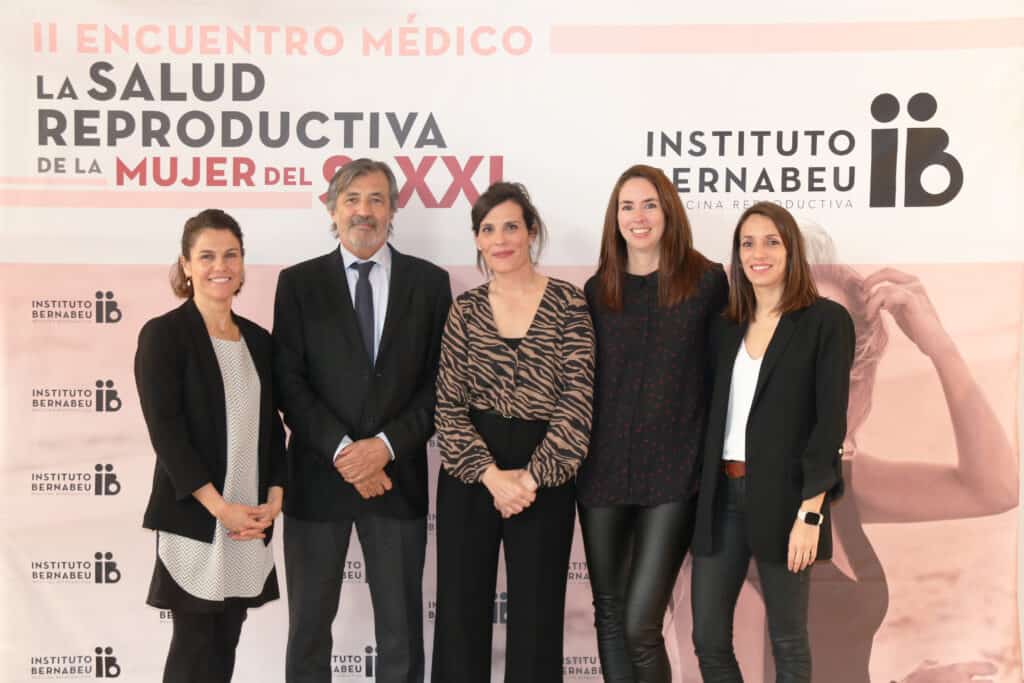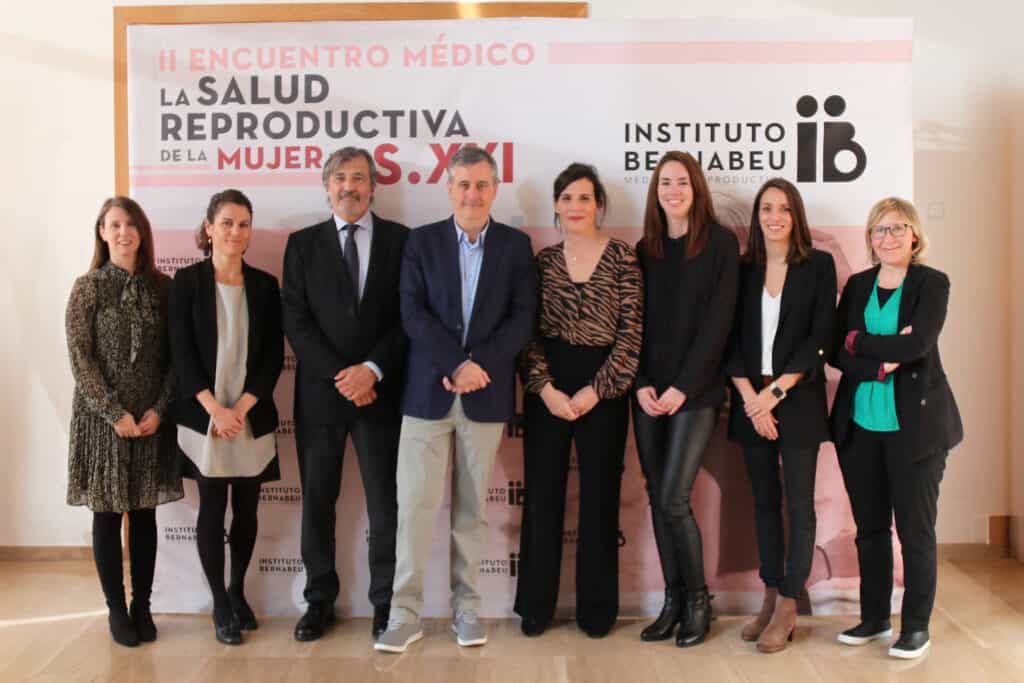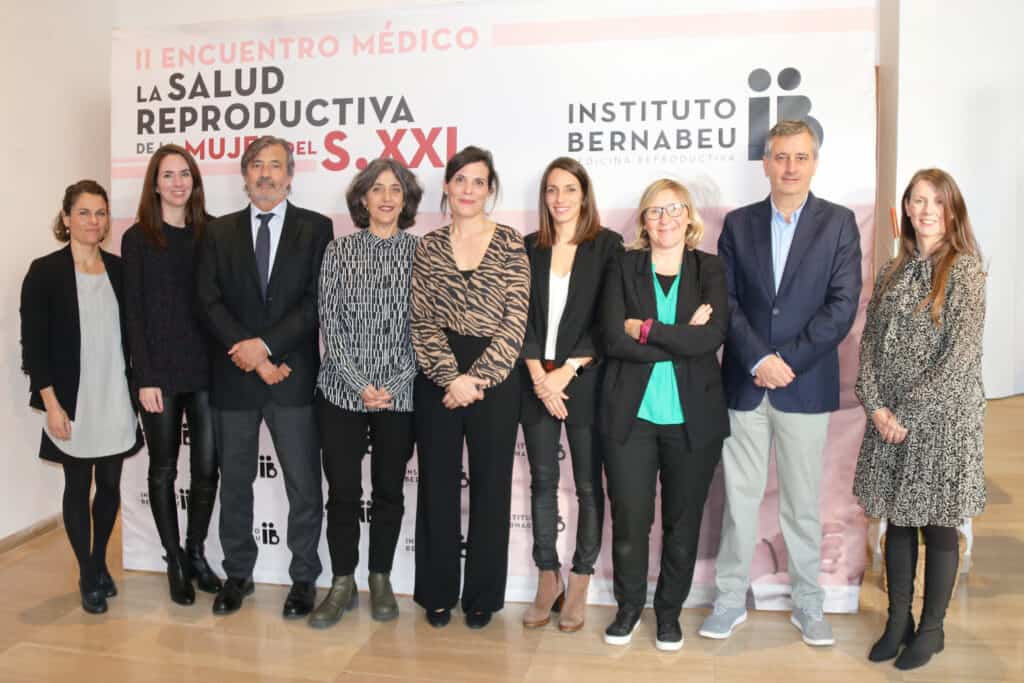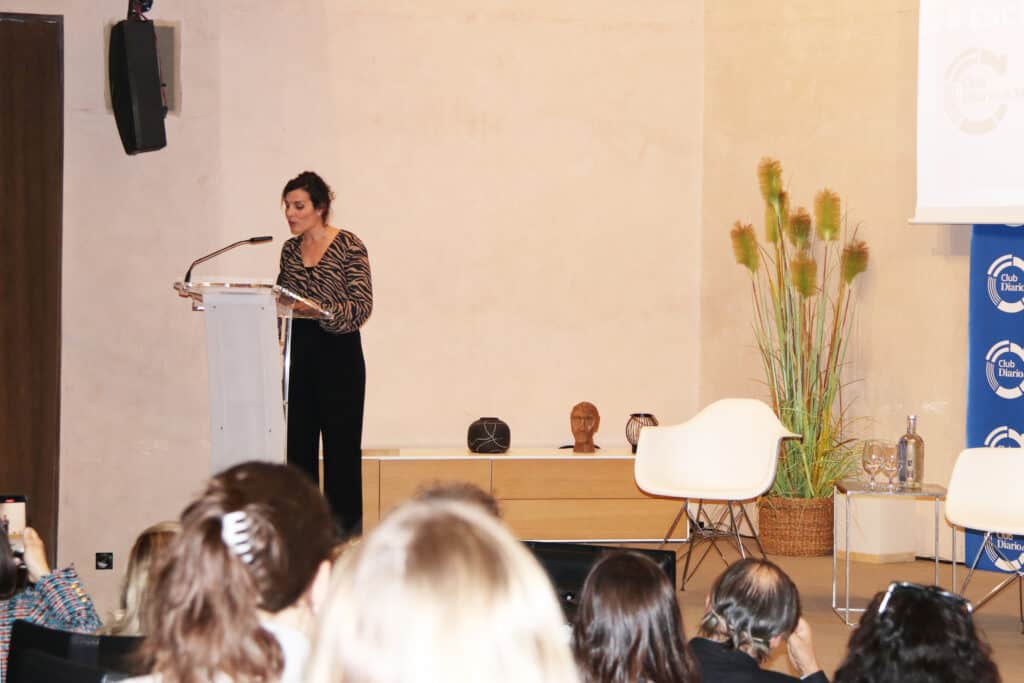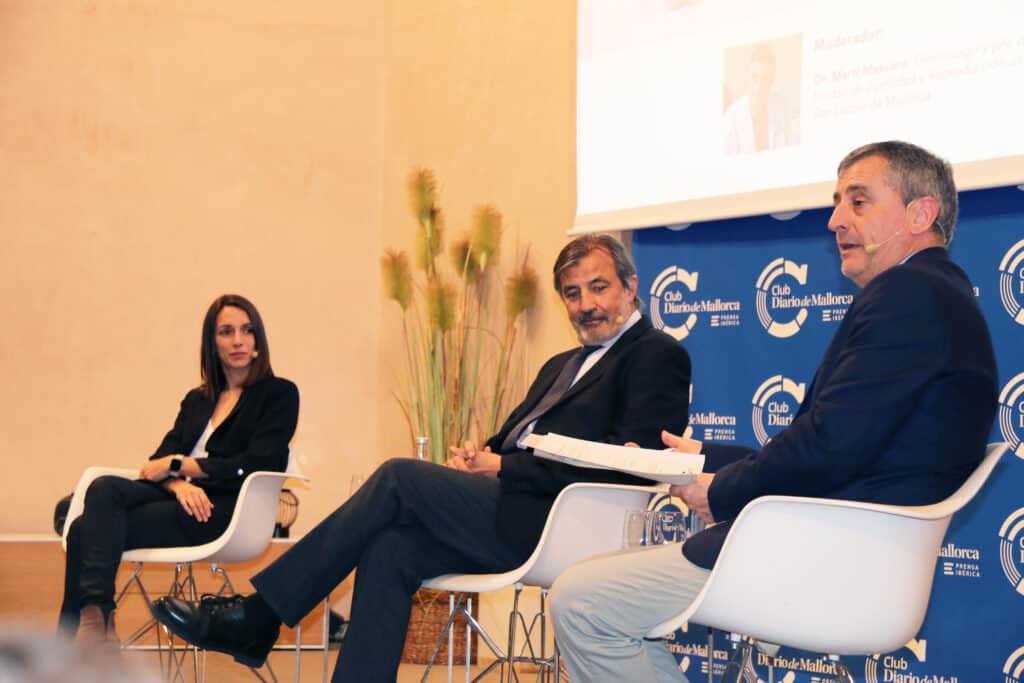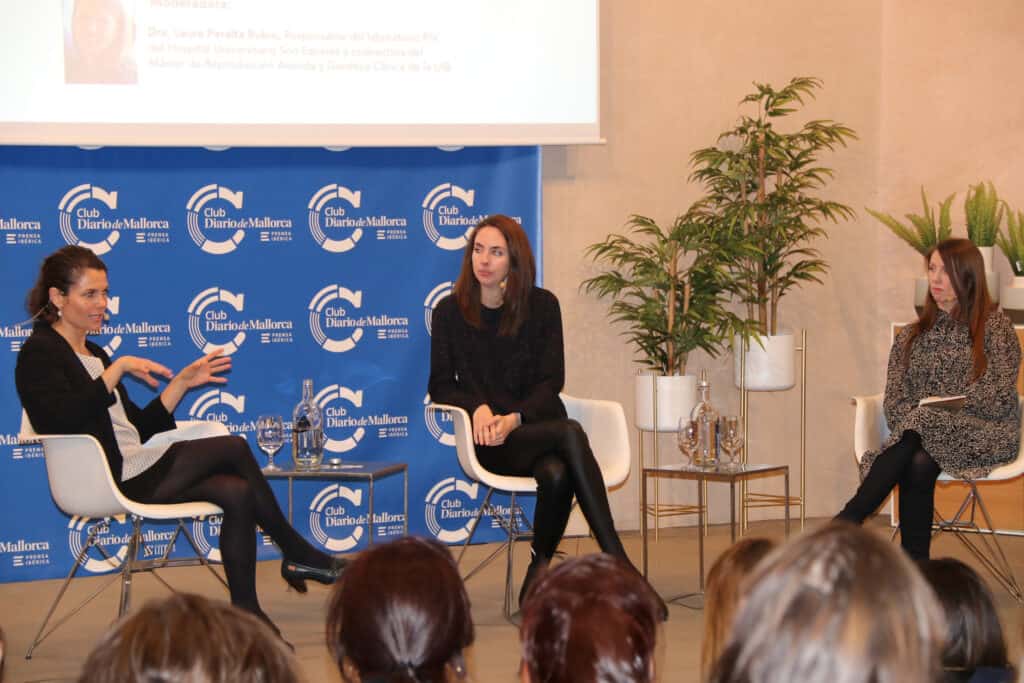Palma de Mallorca holds the 2nd “Reproductive Health of the 21st century woman” Medical Meeting.
28-02-2024
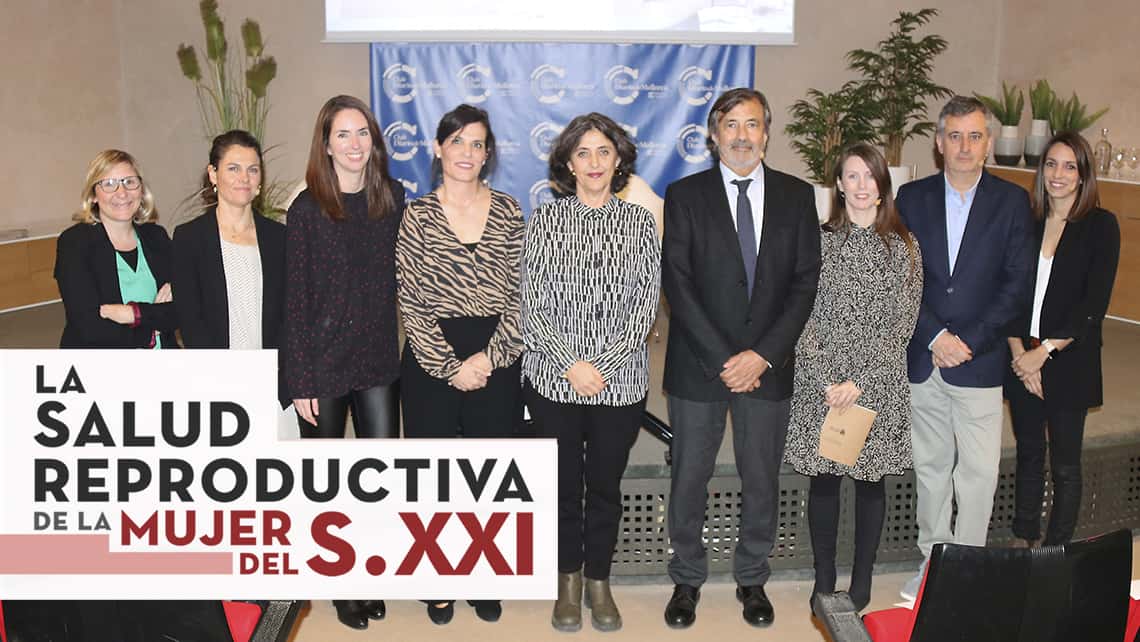
This forum brought together specialists, students and patients of all ages to discuss the present and future of reproductive medicine.
“Throughout the almost 40 years of Instituto Bernabeu’s history, we have witnessed how society around us has been evolving and changing its reproductive needs. New family models condition the reproductive medicine of the present and future,” says Dr Andrea Bernabeu, medical co-director of Instituto Bernabeu, who was in charge on inaugurating the second edition of the “Reproductive Health of the 21st Century Women” Medical Meeting. This event brought together medical professionals, students and patients of all ages to analyse the present and, above all, the future of reproductive medicine at the “Club Diario de Mallorca”.
For Dr Bernabeu, “this event reflects our commitment to society and scientific research. It is a privilege to play an active part in the evolution of reproductive medicine and we will continue to be committed to scientific research and the technical vanguard, which has led us to have 9 clinics and to attend patients from more than 130 countries”.
The director of Diario de Mallorca, Marisa Goñi, remarked that “we find ourselves in a society that has evolved and gained in rights” also needing the reproductive medicine support. “It is not a question of offering unique solutions, but of adapting all the knowledge we have accumulated to offer the best option to each person who needs it”, she pointed out.
The first round table, moderated by Dr Martí Mascaró, gynaecologist and head of section of the Fertility and Assisted Reproduction Unit at Son Llátzer Hospital in Mallorca, included a talk by Dr Jordi Suñol, medical director of the Instituto Bernabeu Palma de Mallorca, about today’s society. In his speech, he stressed that, according to the latest data recorded, the birth rate in Spain is falling due to, among other factors, the important society changes taking place in recent years. This new reality is transforming the population pyramid in Spain and fewer and fewer children are being born. “We are heading towards an increasingly ageing society, something that will have consequences in 50 years’ time”.
As a counterpoint, assisted reproduction is helping more and more women every day to become mothers. Dr Cecilia Quetglas, gynaecologist at Instituto Bernabeu Palma de Mallorca, focused on how to deal with the current situation. “We have to be aware of this change, but above all we have to make people aware that there are real options for planning their reproductive future”, said the doctor, who advocated “greater involvement of medical professionals” so that they can explain to their patients the risks of postponing motherhood and, above all, the possible solutions such as oocyte cryopreservation. She also referred to transgender people, a group that “must know before they begin their transition that they have the tools to freeze their eggs or sperm and thus guarantee their future parenthood, should they wish to do so”.
The second round table was moderated by Dr Laura Peralta head of the IVF laboratory at the Hospital Universitario Son Espases and co-director of the Master’s Degree in Assisted Reproduction and Clinical Genetics at the UIB (Balearic Islands University). Dr Cristina Gavilán, gynaecologist specialising in reproductive medicine at Instituto Bernabeu Palma de Mallorca, gave a talk about the importance of an individualised approach to assisted reproduction. “Each patient is unique and our experience shows us that not all solutions are valid for everyone. We must approach infertility on a case-by-case basis,” she said. But to achieve a unique approach for each patient it is essential to have a specialised clinical and care team which, as the doctor points out, “must include specialised treatment units, genetic analysis, emotional support and support from other medical disciplines for treatment to be successful”.
On the other hand, Dr Elisa Álvarez, IVF laboratory coordinator at Instituto Bernabeu Palma, provided her vision and experience on how Artificial Intelligence supports reproductive medicine. AI is a very important ally for all clinical work and allows the management of a large amount of data, helping in the treatments’ personalisation and in success prediction.
The conference was closed by Dr Octavi Córdoba, president of the Balearic Society of Gynaecology and Obstetrics and Head of Obstetrics and Gynaecology department at the Hospital Universitario Son Espases in Palma de Mallorca, who pointed out that Instituto Bernabeu “is an example of how to work, innovate and give voice to patients and research”.
Special mention to ADAEC (Association of Chronic Endometriosis Sufferers in Spanish)
The patient’s voice was represented on this occasion by Sandra Darder, president of the Association of Chronic Endometriosis Sufferers (ADAEC in Spanish) in the Balearic Islands, who presented her particular case and launched two main messages. The first was that endometriosis needs more visibility and a deeper understanding by society, as “it is a totally invisible disease but affects thousands of women every day”. The second was one of hope: “our aim is to support all women who suffer from this disease, they are not alone,” she said.
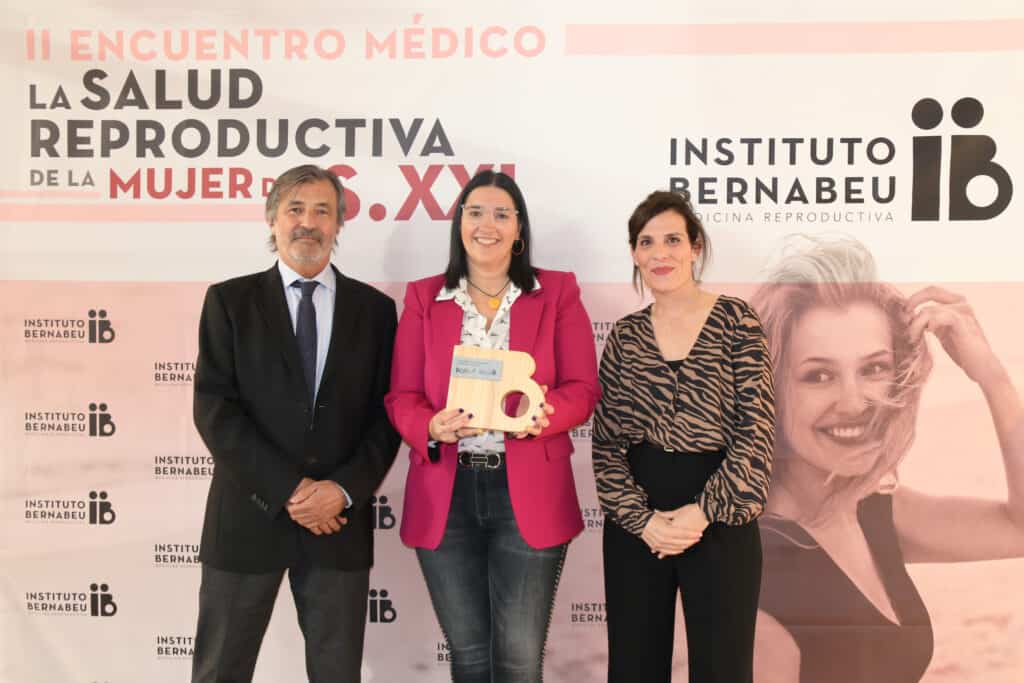
Sandra Darder received the meeting’s special mention from Dr Bernabeu and Dr Suñol in recognition of the commitment and great social work they carry out every day.
